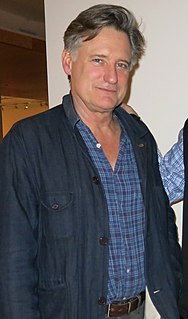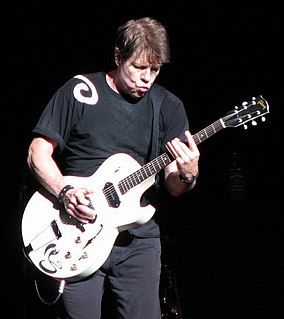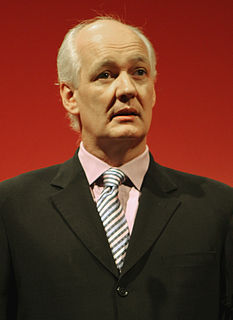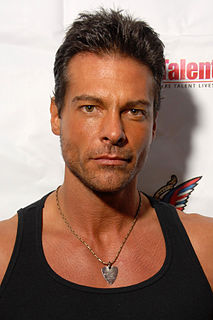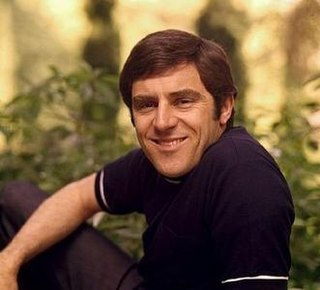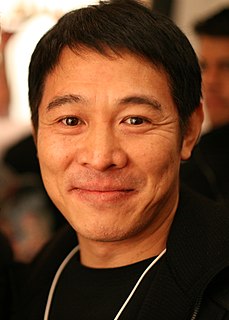A Quote by Bill Pullman
American audiences and European and Asian audiences are so different.
Related Quotes
I always feel like people misunderstand the difference between an Asian story and an Asian-American story. That's completely different, too. I have friends who grew up in Asia, and our experiences are so different. Even though we might look the same, I feel like being Asian and then being Asian-American is completely different.
In the '50s, audiences accepted a level of artifice that the audiences in 1966 would chuckle at. And the audiences of 1978 would chuckle at what the audience of 1966 said was okay, too. The trick is to try to be way ahead of that curve, so they're not chuckling at your movies 20 years down the line.
Well, the coffeehouse audiences never know what they're going to get, and all the comics are different, as opposed to when you go to a club, and they're pretty much all telling jokes with set-ups and punchlines. Coffeehouse audiences are the most forgiving: They really listen, which is the best part.
